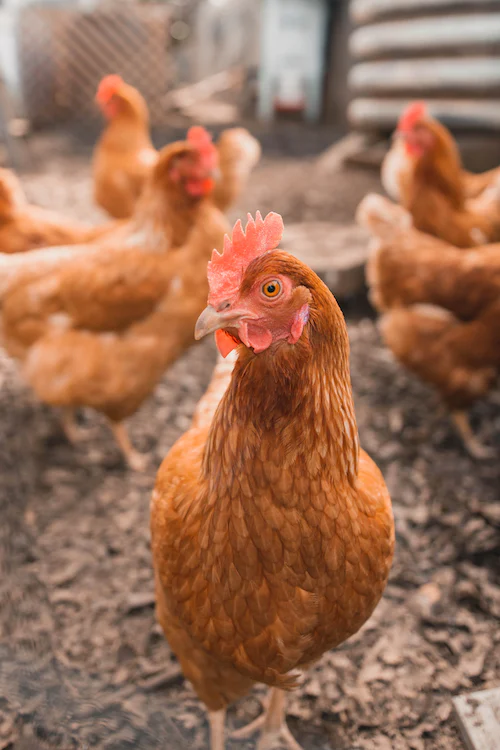Uzbekistan innovates edible COVID-19 vaccine made from tomato
The vaccine was initially plant-based, but it has been tested on volunteers and animals at the Research Centre for Standardisation of Medicinal Forms of the Pharmaceutical Institute in Tashkent
Scientists in Uzbekistan have developed an edible COVID-19 vaccine called TOMAVAC made from tomatoes. According to a report on the Frontiers research journal website, the researchers used special vectors to insert a fragment of the gene that encodes the S1 antigenic protein of the coronavirus into the genome of tomato cells. They obtained a tomato plant that could reproduce the S1 antigenic protein from these cells. The fruits of these plants were used to create the TOMAVAC vaccine, which provides two levels of protection against COVID-19.
The vaccine was initially plant-based, but it has been tested on volunteers and animals at the Research Centre for Standardisation of Medicinal Forms of the Pharmaceutical Institute in Tashkent. The institutional ethics board of the Centre for Genomics and Bioinformatics approved the research. Scientists have been working on this vaccine since January 2021 and the results are quite promising.
According to Frontiers research journal, the initial findings from a small-scale proof-of-concept study show great potential for creating an affordable, environmentally friendly, and harmless edible plant-based COVID-19 vaccine. This could potentially offer long-lasting dual protection against the virus, reducing its spread and severity, and ultimately contributing to better global health.
The vaccine was initially plant-based, but it




